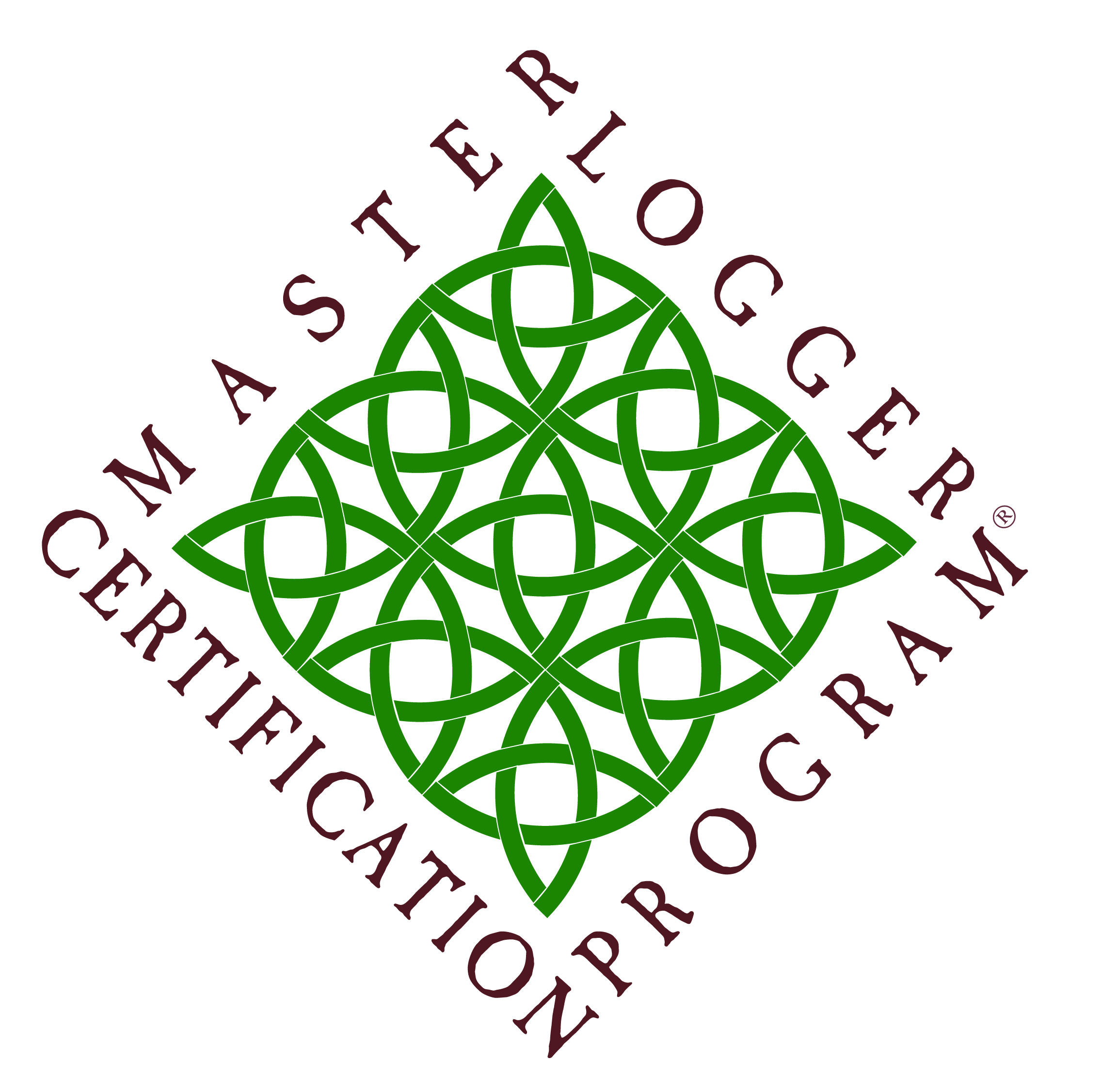HEMPHILL, TX – The nonprofit Wood Supply Research Institute (WSRI) has completed a six-month national study on the value of Certified Master Logger Programs, finding they have real worth to loggers and forest industry stakeholders, but face challenges achieving the recognition with the public that could expand their reach.
In late March 2018, WSRI contracted with the James W. Sewall Company to explore the value proposition of these programs. The American Loggers Council (ALC) Master Logger Certification Program©, which is one of the programs included in the research, requires that the on the ground performance of professional timber harvesting businesses comply with seven areas of responsibility that ensure environmental protection, forest sustainability, and business accountability.
The study focused much of its work on active programs in Maine, Michigan, Minnesota, Missouri, and Wisconsin. Interviews and data were collected from loggers, landowners, mills, and forestry consultants. Some of the key findings of the study include:
1. Certified Master Loggers have a real sense of professionalism and take pride in being recognized for the good work they are doing in the woods.
2. Industry stakeholders perceive that Certified Master Loggers offer more consistent compliance with “Best Management Practices” designed to protect water, soil, and forest quality and do a higher quality job on timber harvests.
3. There is a real preference for Certified Master Loggers among forestry consultants and small landowners who are aware of the Certified Master Logger programs.
“The top three benefits can be summarized with alliteration as pride, performance, and preference. They are the hallmarks of a successful certification program. While they are not true everywhere the program has been implemented and among every stakeholder, we were able to document that there is a definite beachhead established in most of the states,” the report stated.
The study concludes Certified Master Logger programs are near the, “tipping point” of achieving real value nationally.
“Efforts should be directed at getting bigger, better, and more widely known. Done well, these efforts can be expected to bring about preference and trust from stakeholders, which will result in improved opportunities for Certified Master Loggers, the report stated.
Richard Schwab, of the ALC Board of Directors and chairman of the Master Logger Certification Program© Committee, said he was happy that the study was undertaken and yielded information that will be valuable as the program moves forward.
“As loggers who own this program, we are excited about the challenges and looking forward to addressing them,” Schwab said. “We plan to build on the successes where the program is working well, and work together with partners that support the program to expand into states that have laid the groundwork for adopting it but have not yet done so. This report tells us we are close to the tipping point for this program, and we will build off the momentum we have established in the past year to achieve national prominence and success for it.”
Ted Wright, Executive Director of the Trust to Conserve Northeast Forestlands, which oversees the Certified Master Logger program in the Northeast and which is leading an effort by the ALC to promote the American Loggers Council Master Logger Certification© program nationally, said the report provides a solid foundation to build those efforts on, as well as documented evidence that the Certified Master Logger brand is succeeding.
“We know these programs are already making a difference and have the potential to do even more, and this study shows us the good work Certified Master Loggers are doing as well as the opportunity to grow as more and more people, particularly small landowners and mills, become aware of and learn to value that good work,” Wright said.
To learn more about the study, visit: https://wsri.org/research/value-assessment-of-certified-logger-programs/
Master Logger Certification programs are logger owned and logger controlled program that offers third-party independent certification of logging companies’ harvesting practices. The ALC Master Logger Certification© Program recognizes logging companies that meet the responsible forest management standards set forth by the American Loggers Council. These standards have been cross-referenced to all the world’s major green certification systems.
To learn more about the American Loggers Council Master Logger Certification© program, visit: americanmasterlogger.com
The ALC was formed in 1994 to serve as a unified, national voice for professional loggers across the United States. Made up of a coalition of state and regional logging associations and councils, ALC represents more than 30 states across the U.S.
To learn more about the ALC visit: http://www.amloggers.com

Recent Comments